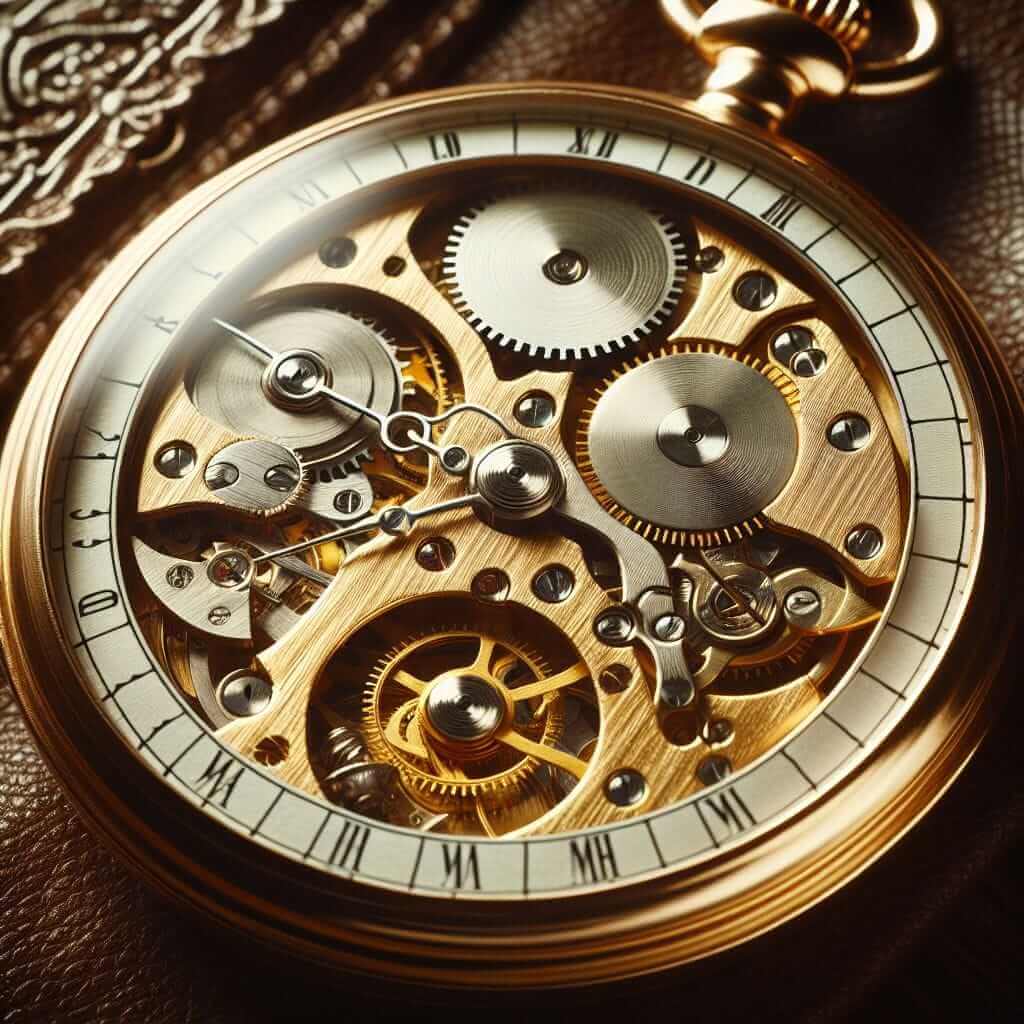As an IELTS instructor with over 20 years of experience, I often get asked about common Speaking test topics. One that frequently arises is the value of old things. This theme can appear in various forms, from discussing family heirlooms to the preservation of historical sites. Mastering this topic requires a blend of vocabulary, coherent structure, and insightful opinions.
This guide aims to equip you with the tools to confidently tackle questions about the value of old things in your IELTS Speaking exam.
Understanding the Scope: Why “Old Things” Matter
The IELTS Speaking test assesses your ability to articulate your thoughts and engage in a natural conversation. The topic of “old things” allows examiners to gauge:
- Vocabulary range: Can you use synonyms for “old” like “antique,” “vintage,” “ancient,” or “heritage”? Can you discuss preservation, restoration, sentimental value, and historical significance?
- Expressing opinions: Do you have clear viewpoints on why old things matter or don’t matter? Can you justify your stance with relevant examples?
- Narrating experiences: Have you had personal encounters with old objects or places that have shaped your perspective?
Mastering the IELTS Speaking Test: “Old Things” Edition
Let’s break down how to approach potential questions related to this topic:
1. Vocabulary is Key
Boost your lexical resource score by using a variety of words:
- Types of old things: Instead of repeating “old things,” use specifics like “antique furniture,” “vintage clothing,” “historical artifacts,” “ancient ruins,” “family heirlooms.”
- Describing value: Go beyond “important” and use words like “priceless,” “irreplaceable,” “sentimental,” “historically significant,” “culturally valuable,” or even “obsolete,” “outdated,” or “impractical” if expressing a contrasting view.
2. Structuring Your Response
A structured answer demonstrates coherence and clarity:
- Introduction: Briefly state your overall stance on the value of old things.
- Reasons and Examples: Provide 2-3 reasons supporting your view. Back each reason with a relevant personal anecdote or example.
- Conclusion: Summarize your points and offer a final thought.

3. Sample IELTS Speaking Questions and Answers
Let’s look at some potential questions and how to answer them:
Question: Some people believe that old things are more valuable than new things. What is your opinion?
Answer:
While I appreciate the allure of new gadgets and trends, I firmly believe that old things hold a unique value. Firstly, they act as tangible links to the past, offering glimpses into the lives, beliefs, and craftsmanship of previous generations. For instance, my grandmother’s hand-stitched quilt isn’t just a blanket; it’s a reminder of her skill and the love she poured into her creations. Secondly, old objects often possess a historical significance that can’t be replicated. Think of iconic landmarks like the Colosseum in Rome – these structures stand as testaments to human history and offer invaluable insights into past civilizations.
Question: Do you think it’s important to preserve old buildings? Why or why not?
Answer:
I strongly believe in the preservation of old buildings. They contribute significantly to a city’s character and cultural identity. For example, the old quarter in my city, with its cobbled streets and colonial-era architecture, tells a story of our past and sets us apart from modern, generic cityscapes. Moreover, restoring old buildings can often be more sustainable than demolishing and building anew. Adaptive reuse of these structures reduces waste and preserves architectural heritage.
4. Tips for Success
- Practice speaking: Record yourself answering sample questions to identify areas for improvement.
- Expand your vocabulary: Regularly read articles and books about history, culture, and art to enrich your vocabulary related to old things.
- Focus on fluency: Don’t worry about using overly complex grammar; prioritize expressing your ideas clearly and naturally.
- Be authentic: Share genuine experiences and opinions to make your answers engaging and memorable.
Conclusion
Remember, the IELTS Speaking test is not about right or wrong answers, but about demonstrating your ability to communicate effectively in English. By mastering vocabulary, structuring your responses, and practicing regularly, you can confidently discuss the value of old things and excel in your IELTS exam.